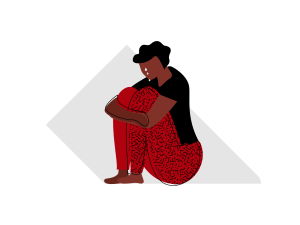On and Off Campus Support Information

Navigating life after experiencing sexual violence can be incredibly challenging, but at Fanshawe College, we’re committed to providing unwavering support to survivors every step of the way. We recognize survivors’ many barriers and are dedicated to breaking them down. Here, survivors’ voices are valued, and their choices are honoured.
On-Campus
Offers confidential guidance and support to all Fanshawe students and staff, ensuring that survivors feel heard and empowered to explore their options.
The SVPC coordinates responses to sexual and gender-based violence. They provide confidential support to survivors who disclose incidents, offering information on reporting options, connecting them with resources, and helping to create safety plans. The SVPC also advocates for logistical support and accommodations within the institution and assists with navigating judicial and medical systems.
Additionally, the SVPC coordinates sexual violence education on campus, advises on response strategies, and offers immediate support to those who disclose incidents. They facilitate referrals to on and off-campus services, assist with academic accommodations, and help students understand college policies, police reporting, and the legal system, providing personalized support as needed.
To contact them, please email: svsupport@fanshawec.ca to book an appointment (virtual and/or in-person – Room F3020, London Oxford Street Campus) or call 1-844-666-7872.
- Counselling & Accessibility Services
- Fowler-Kennedy Student Health Services
- Campus Security Services (CSS)
Off-Campus
- London Supports [PDF]
- Woodstock Supports [PDF]
- St. Thomas Supports [PDF]

